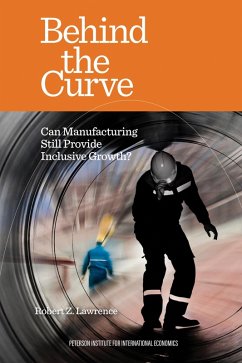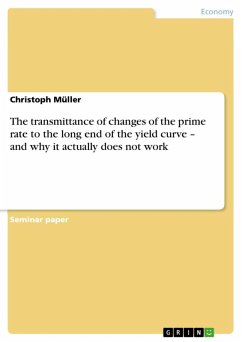Manufacturing jobs, once the backbone of the modern US economy, have declined as a share of GDP over recent decades, darkening opportunities for middle-class advancement. Similar trends have impacted export superpowers like China, Germany, Japan, Singapore, and South Korea. Driven by nostalgia for a bygone era, however, many countries have turned to reshoring and "industrial policies" to revive manufacturing employment. In this book, Robert Z. Lawrence argues that these efforts are unlikely to succeed. He demonstrates that deeply rooted forces common to all countries-technological change, shifting consumer spending patterns, and trade-account for lagging manufacturing employment and that these trends are unlikely to be reversed. The industrial sector's historic role as an engine of opportunity and inclusive growth is unsustainable. Government efforts to promote manufacturing to achieve goals such as industrial self-sufficiency, green transitions, and digital technologies, however well intentioned, may even make economic growth less inclusive. Instead, new policies are needed to help people, places, and countries cope with inevitable changes in the composition of employment.
Dieser Download kann aus rechtlichen Gründen nur mit Rechnungsadresse in A, D ausgeliefert werden.









